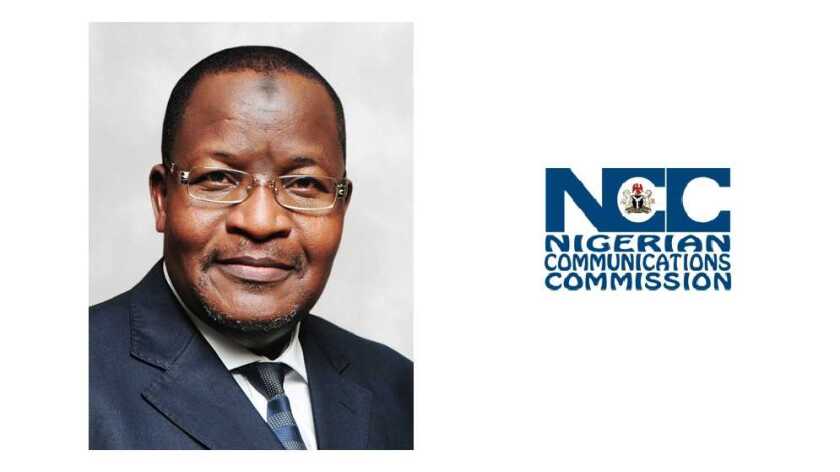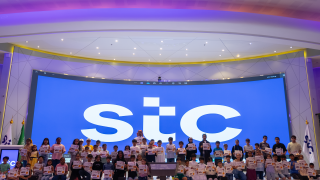The news was confirmed by Umar Danbatta (pictured), executive vice chairman of the NCC, during a visit from representatives from the United States Trade and Development Agency (USTDA). At the time, Danbatta said that the planned subsidies were part of the regulators plan to boost broadband penetration nationwide.
”The licensees are expected to play some roles and NCC too is to play some roles to encourage broadband infrastructure deployment,” said Danbatta. “Currently, we have seen the licensees’ CAPEX, we have negotiated the CAPEX and we have arrived at percentage of subsidies based on the negotiation that we have had with them. However, the subsidy will be paid to them by the commission upon attainment of reasonable milestones by the licensees in their zones of deployment.”
The agreement between the NCC at the country’s InfraCos are formed as a public-private partnership arrangement with each subsidiary being developed with the intention of each subsidy accelerating deployment in their respective zones over the next five years.
MainOne is the licensee for Lagos zone; Raeana Nigeria for South-by-South zone, O’dua Infraco Resources is the licensee for the South West zone while Fleek Networks holds the licence for the North-West zone. Others include Brinks Integrated Solutions, which holds the licence for the North East zone; Zinox Technologies is the licensee for the South-East Zone and the North Central zone is being has yet to be licenced.
The deal is also set to improve last-mile connectivity to rural and under-served parts of the county.
”We are trying to build an intra-city and inter-city networks that will be able to connect citizens all over the country irrespective of where they are and what their circumstances are,” he added. “To that extent, we have decided to provide access points in all the 774 local government areas in the country, trying to provide access to close to 190 million Nigerians, a lot of whom live in rural communities.”
The USTDA is also said to be working alongside the commission in accelerating its deployment plans. Acting country director, USTDA, Thomas Hardy said: ”As a small foreign sister agency of US, with a long-standing history in Nigeria, we support economic infrastructure projects.”
Adding: “We help in the telecommunications, energy and transport sectors, where countries have identified their priority development goals in the area of infrastructure development. Through US companies, we develop an independent analysis of ways to meet your infrastructure goals.”






